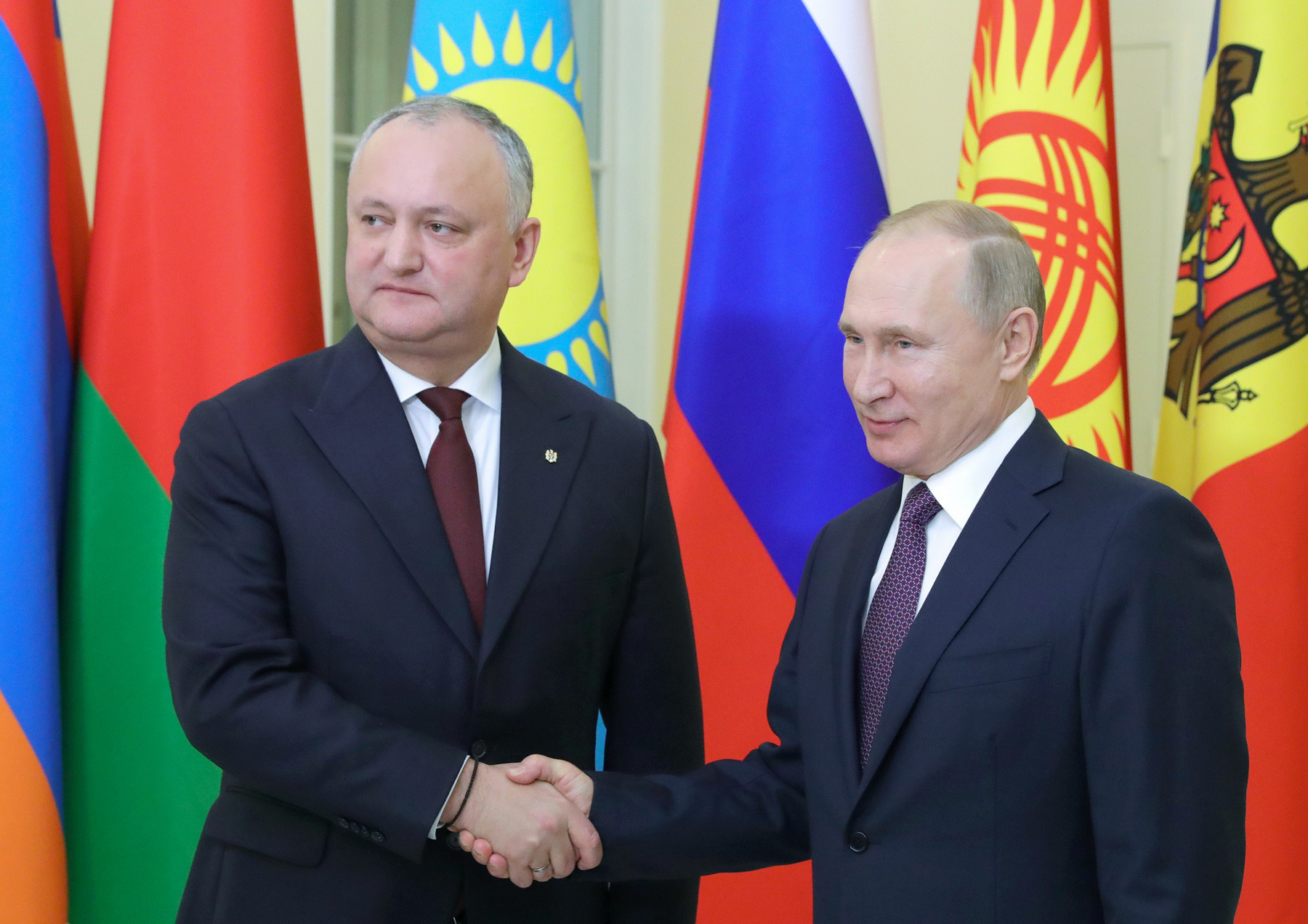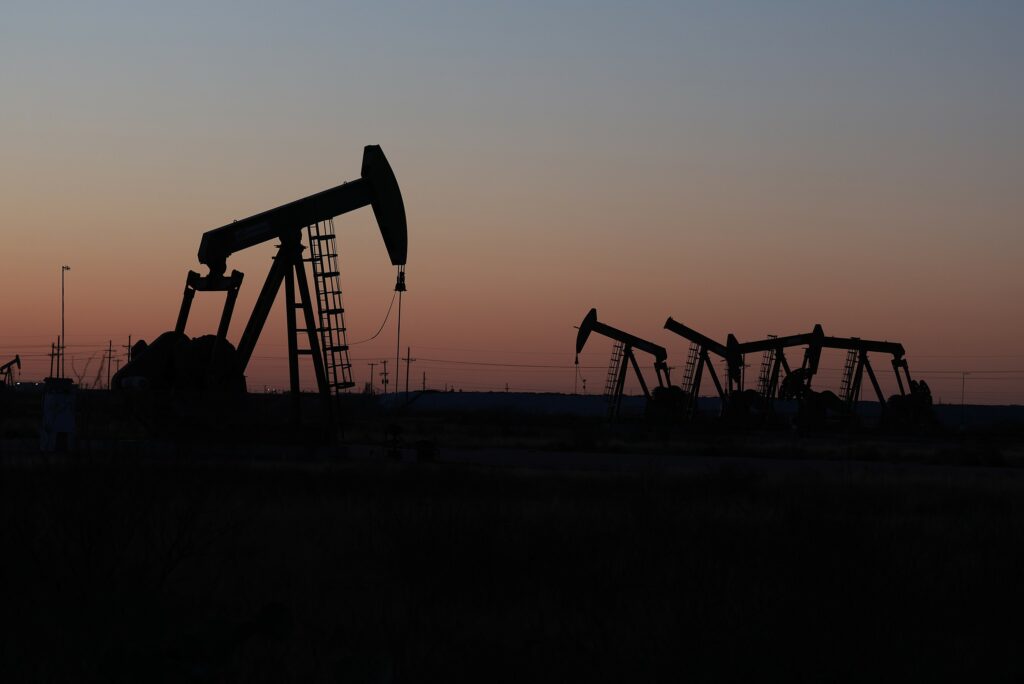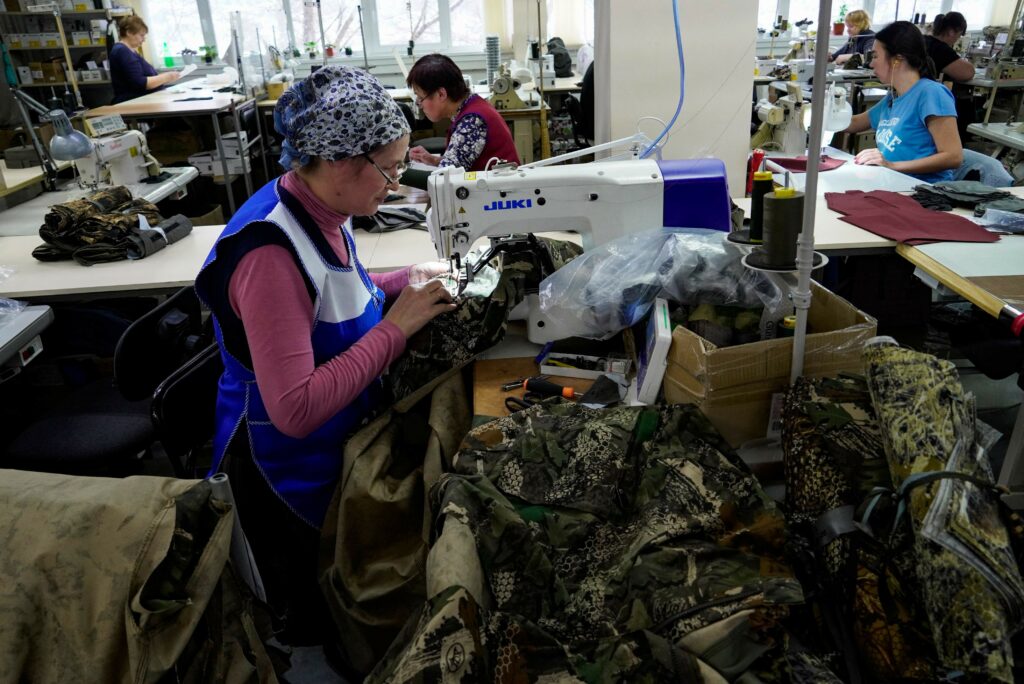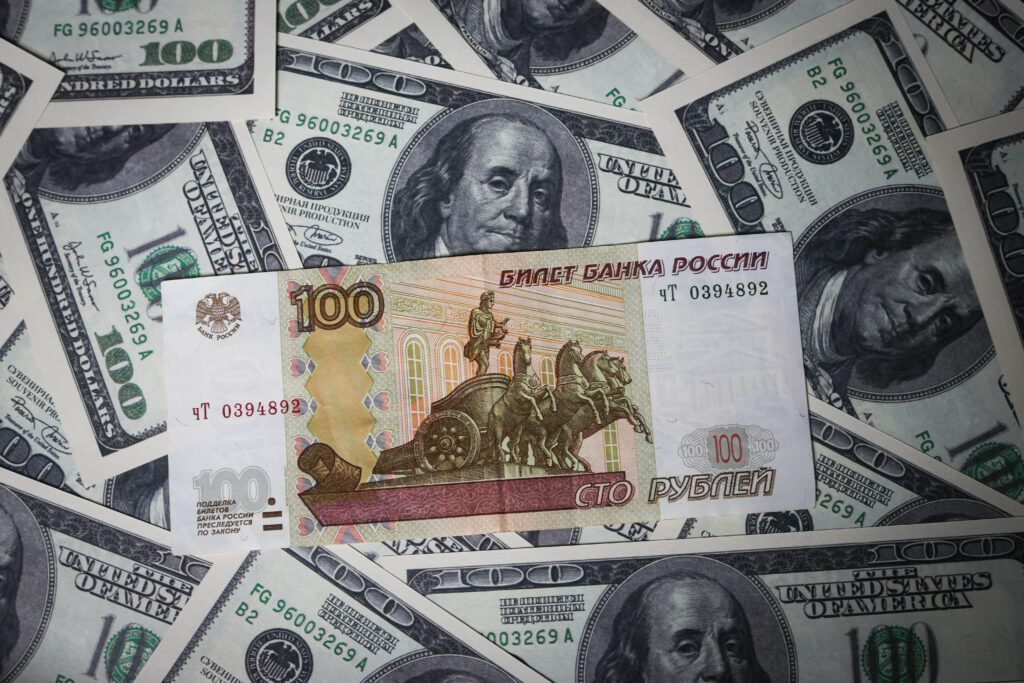On April 17 the Moldovan government signed a loan agreement with Russia. Moldovan President Igor Dodon, who has long pushed closer ties with the Kremlin, posted the terms of the agreement to his Facebook page. With the COVID-19 pandemic pressuring Moldova’s already struggling economy, Dodon presented borrowing 200 million euros from Moscow as the sort of brotherly support Chisinau could expect from the Kremlin.
Dodon and his allied Socialist Party’s government under Prime Minister Chicu have publicly considered borrowing cash from Moscow for months. (Reportedly, the Kremlin had been offering as much as 500 million.) Yet despite Dodon’s positive words, the loan represents an emerging trend where the Kremlin uses government debts for political leverage in debtor countries.
In any case, the deal was still not complete by the end of April. And in fact, Moldova’s constitutional court then struck down the agreement on 7 May, finding it unconstitutional. With this ruling, the country dodged a bullet, despite Dodon’s condemnation that the deal’s collapse would damage the economy.
On the face of it, Russia’s loan offer seemed benign. After all, Dodon shared its terms publicly and the 2 percent annual interest on a 10 percent loan is far below what Moldova would have to pay on the private market for a similar credit. Closer analysis of its terms, however, lays clear the trap within.
Clause 7.2 of the loan agreement contains a poison pill for Chisinau. It holds that other debts guaranteed by Moscow owed by Moldovan entities can be rolled into the agreement in the event of any missed payments. It would risk the elephant in the room of Moldovan-Russian economic relations crashing through the door.
Russia’s state gas company, Gazprom, has for years claimed that Chisinau owes it for gas supplied to Transnistria, the Russian-backed neo-Soviet breakaway state on the Dniester river. It has been de facto independent from the rest of Moldova since 1992, protected by the presence of Russian soldiers ostensibly acting as peacekeepers. By 2019, Moscow put debts for these gas deliveries at 436.66bln rubles (US$5.85bln). The firm has prevaricated about whether Moldova’s state gas firm Moldovagaz owes the debts.
Amid gas supply negotiations between Chisinau and Moscow in 2017, Gazprom filed suit in a Russian arbitration court demanding payment. It was by no means the first. Gazprom and Moldova have had a series of international legal disputes dating back to 1997. Moscow has used the threat of them to pressure Chisinau to ensure continued energy dependence.
Were the April 17 loan to have gone ahead, clause 7.2 risked forcing this debt on the Moldovan government itself. The debt for US$5.85bln in claimed gas deliveries to Transnistria would amount to nearly half of Moldova’s 2019 GDP of US$11.9bln. It would push external debts from a moderately healthy 63.6 percent of GDP to an unsustainable 110.5 percent.
Clause 7.2 was thus denounced by the democratic opposition, led by ex-prime minister Maia Sandu and the anti-corruption ACUM alliance. She had briefly led a government together with the pro-Russian Socialists last year as they united to tackle widespread corruption. (Cronyism had proliferated under erstwhile eminence grise Vlad Plahotniuc, de facto leader of the Democratic Party.) Last November, the Socialists abandoned Sandu’s anti-corruption ACUM alliance. Instead, they formed a government-backed by Plahotniuc’s Democrats.
Dodon and his allies continue to talk of pursuing Plahotniuc – who faces extradition proceedings in the US and a visa ban. Yet the loan raises the specter of an arrangement between the Socialists and Plahotniuc, a step on from their support for Prime Minister Chicu’s government in last November’s confidence vote. Plahotniuc has long attempted to cast himself as pro-Western – he wrote an English-language op-ed for the Hill in 2017 declaring as much – and despite his toxic reputation. In reality, his primary concern is holding on to his freedom, money, and influence. Some MPs seen as allied with Plahotniuc opposed the loan, but enough of them supported it in parliament for it to be ratified on 23 April
The opposition’s constitutional court challenge came thanks to a highlight of the Socialist-ACUM government — bringing an entirely new bench to the court last August. That move followed the previous bench’s resignation-en-masse in June 2019 after an attempt to force snap elections and stop the coalition’s formation, widely seen as an action taken at Plahotniuc’s behest. Yet the court remains politicized: on 23 April the former Socialist MP Vladimir Tsurkan was removed as its chairman, the same day the court suspended the Russian loan, pending a review that led to its eventual rejection.
The fate of Moldova’s government now hangs in the balance. Moscow is likely to seek other forms of cementing its influence in Chisinau. Plahotniuc and other corrupt oligarchs who wield influence in the legislature and throughout the economy could potentially be brought on board. But the loan’s rejection could just as likely become part of the Socialists’ campaign for a larger mandate in any snap election.
Russia’s Foreign Ministry has acted coy about the loan’s rejection, calling the court’s rejection “perplexing” on 8 May. Moscow has poured scorn on the notion that the loan had been politicized. Instead, Russian officials implying that its terms were indeed preferential from other intergovernmental loans or those Moldova receives from international institutions like the IMF, which typically come with economic liberalization conditionality.
However, it is by no means the first time Russia has engaged in such maneuvers. In 2013, as demonstrations raged in Kyiv over the then-Yanukovych government’s rejection of an association agreement with the European Union in favor of closer ties with Moscow, Putin attempted to make a bitter pill easier to swallow by coating it in the offer of US$15 billion in loans. Only US$3 billion of this was loaned to Kyiv before the Euromaidan Revolution resulted in Yanukovych’s ouster. Still, this loan too included a set of unique clauses giving Russia significant political leverage over Kyiv.
Ukraine continues to challenge the loan, with the case finally reaching Britain’s Supreme Court in December 2019. If the court rules in Russia’s favor, Kyiv could again be on the hook. Not only the US$3 billion borrowed, but also for significant unpaid interest.
For its part, Russia has long claimed the international credit system is politicized in a manner politically disadvantageous to the Kremlin. A notion that ignores the support offered to Moscow by Western creditors and the international financial system following Russia’s 1998 sovereign default. Indeed, it was a political decision by the IMF to adjust its rules in 2015 light of the Russian-Ukrainian loan dispute that enabled Kyiv to continue receiving IMF funds. Then-Russian prime minister Dmitry Medvedev described the move as “opening pandora’s box”.
Since 2015, Russia has also used politicized loans to secure leverage over Venezuela. There are growing concerns over its financing to the government of Iraqi Kurdistan too. Moldova may have avoided a Russian loan with hidden pitfalls, but Russia is unlikely to give up at this juncture.










